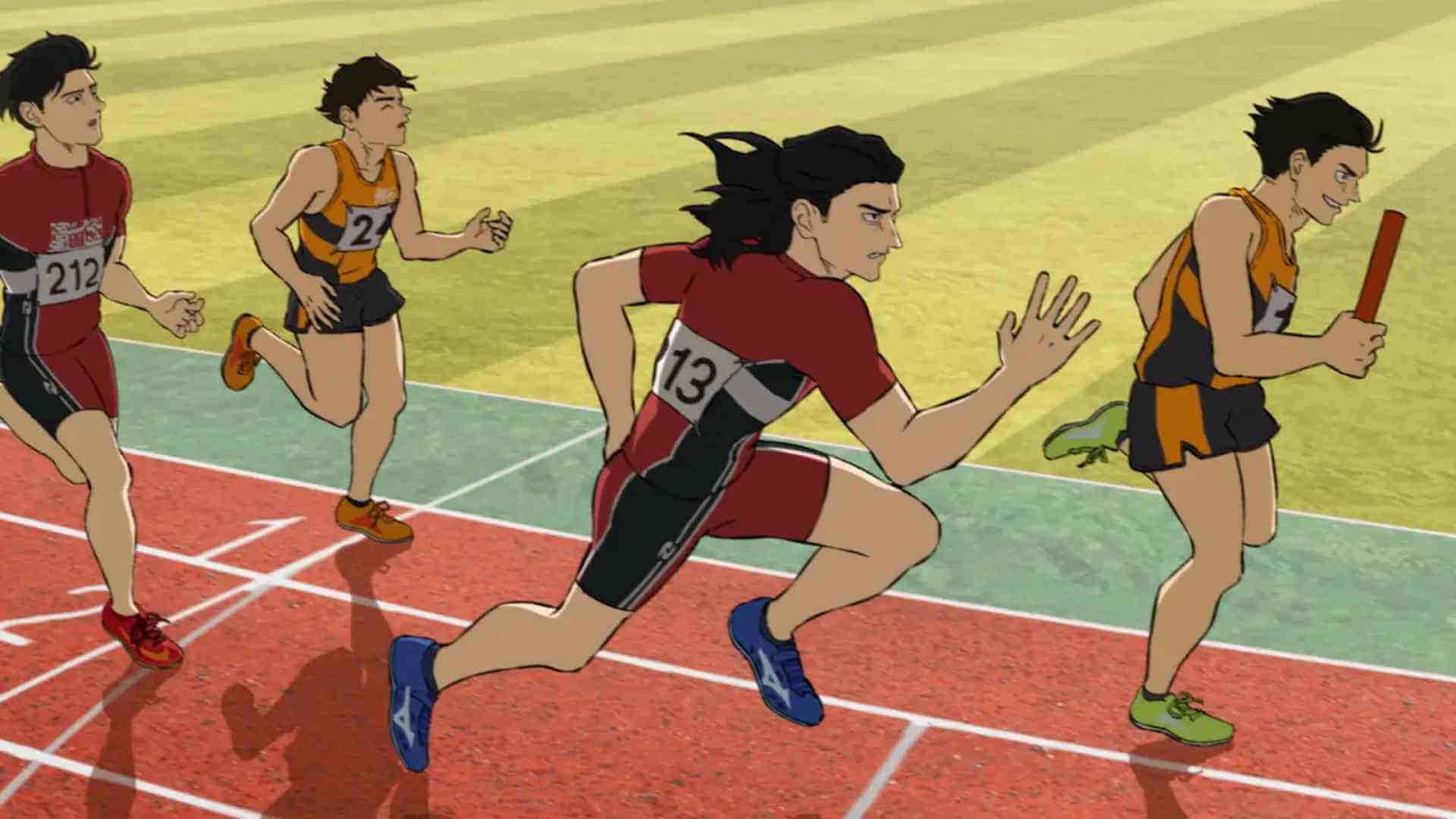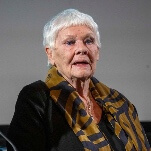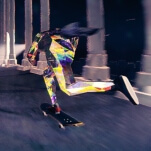Heartracing anime 100 Meters finds it all in a few glorious seconds
A standard sports story sprints through rotoscoped humanity and transcendent abstraction.
Photo: GKIDS
Like a naturally gifted athlete asked to learn the fundamentals now that he’s entering into the big leagues, the scrappy talents of director Kenji Iwaisawa (On-Gaku: Our Sound) chafe against the best practices of typical anime in his sophomore film. After rotoscoping his own indie film about slackers in a DIY punk band, his follow-up, 100 Meters, jogs along a well-trod path: It adapts a hit sports manga, one about two young rivals finding meaning in competition, told over a series of races across the years. Like the distance its sprinters dash over and over again, it’s predictable—even mundane at times. But also like those short bursts of all-out adrenaline, it can be transcendent in the moment.
The division between Togashi (Atsumi Tanezaki as a child, Tori Matsuzaka when grown) and Komiya (Aoi Yūki; Shota Sometani) won’t surprise anyone familiar with the “spo-kon” formula found in shōnen stories: The former is the fastest kid in school, the latter a shy transfer student with the need for speed. It’s talent against passion, favorite against underdog, complacency against hunger. Across the decades, the two egg each other on as they grow up and go pro, helping assuage the disillusionment that always threatens single-minded devotion.







































